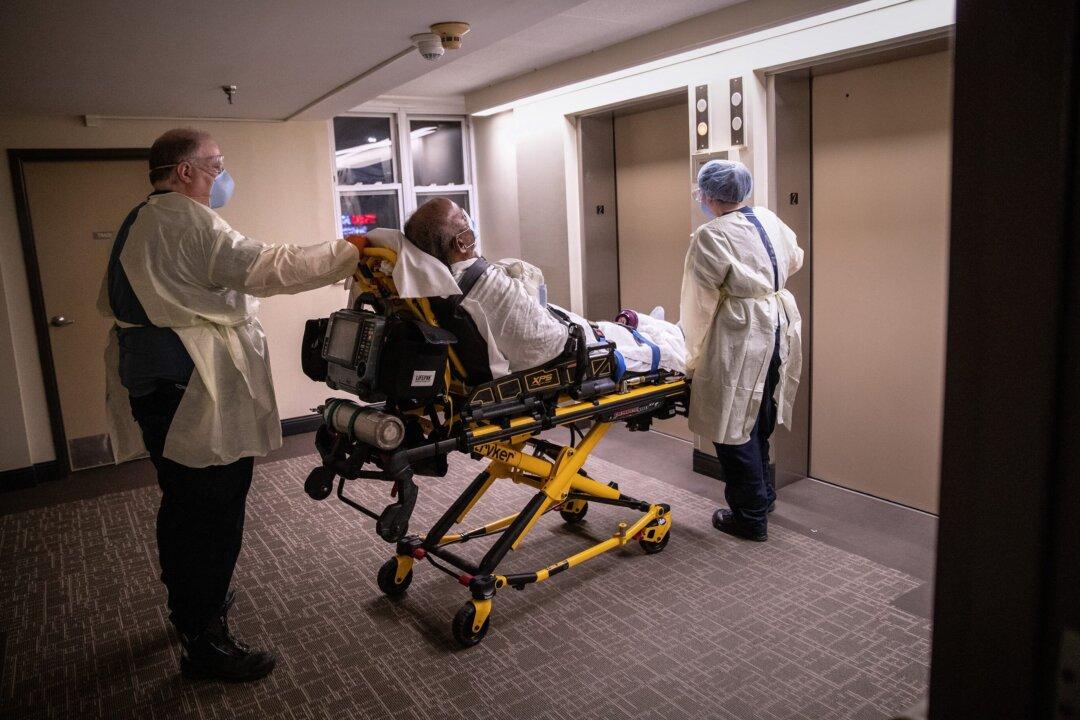Connecticut Gov. Ned Lamont signed an executive order Friday extending deadlines mandating people largely stay at home amid the COVID-19 pandemic to May 20.
Lamont, a Democrat, left open the possibility of extending the deadlines even longer.


Connecticut Gov. Ned Lamont signed an executive order Friday extending deadlines mandating people largely stay at home amid the COVID-19 pandemic to May 20.
Lamont, a Democrat, left open the possibility of extending the deadlines even longer.